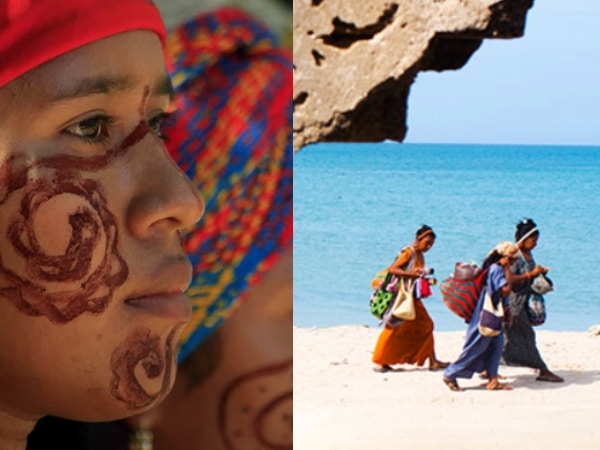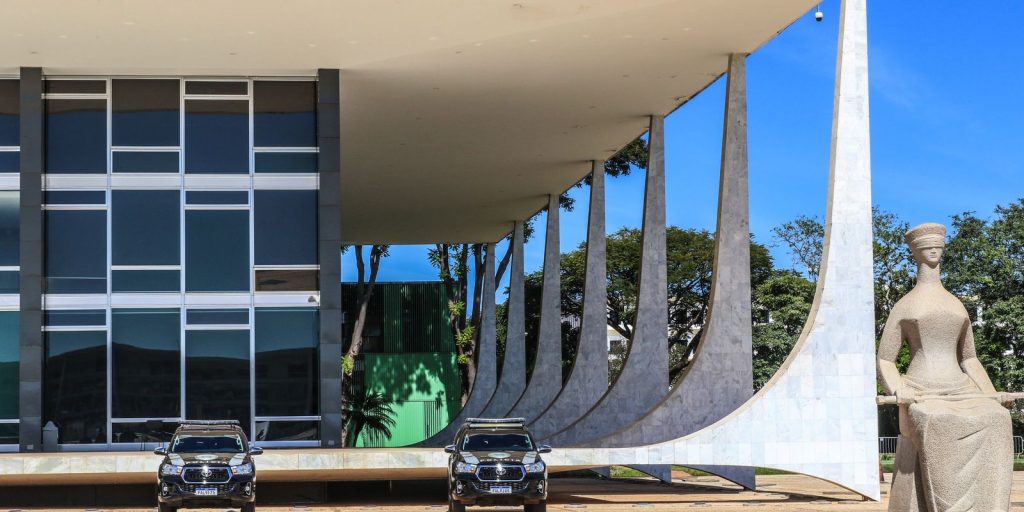In Colombia, the indigenous woman is a symbol of strength, wisdom and resistance. Of the 87 indigenous ethnic groups that exist in the country, 50.1% are women, who play a crucial role in preserving the culture.
News Colombia.
The Colombian indigenous woman is much more than a symbol of resistance; she is an invaluable source of knowledge. Her connection to the land, her ability to lead, her preservation of culture and her active participation in politics are lessons that we can all learn from.
Read also:
On the occasion of the International Day of Indigenous Women, celebrated every September 5, we explore five key aspects that we can learn from these women, whose legacy transcends generations. A date that was proclaimed in 1983
These women have been pillars in their communities, contributing not only to the survival of their people, but also to the construction of a collective identity in the nation.
1. Masters of artisanal culture
Colombian indigenous crafts are not only an artistic expression, but also a way of transmitting stories and worldviews. Each piece, from a backpack to a hat, is loaded with symbolism.
Women from communities such as the Eperãrã Siapidaarã in Cauca or the Wayúu in La Guajira perform special rituals before beginning to weave. For them, each creation is a representation of their identity and their connection with nature. The value of these crafts lies not only in their beauty, but in the deep meaning they contain.
2. Guardians of history and tradition
In indigenous communities, women are seen as protectors of life and traditions. Through their role as transmitters of knowledge, women ensure the continuity of ancestral customs. In the Sierra Nevada de Santa Marta, for example, Wiwa and Kogui women are responsible for teaching new generations to feel proud of their roots. In many cultures, such as the Xingu, women are also those who preserve the mother tongue, ensuring that future generations keep their heritage alive.


3 .Leadership committed to the environment
Female leadership in indigenous communities has gained recognition, especially in areas such as environmental protection and education. In the Amazon, women such as the Tiwa have promoted the construction of malocas where ancestral knowledge is taught and medicinal plants are cared for.

4. Active participation in politics
Over time, indigenous women have gained prominence in political spaces. The creation of institutions such as the Women, Family and Generation Council, led by Arelis Uriana Guariyú, seeks to strengthen the rights and opportunities of women in their communities.
Furthermore, women like Mercedes Tunubala Velasco, the first indigenous woman to hold a mayoral position in Colombia, have shown that indigenous leadership can influence national politics.

5. Caring for nature through gastronomy
Indigenous women have been responsible for providing food in their communities since ancient times. In places like Las Partidas, in Caldas, growing foods like yuca, beans and bananas is still an essential practice, far from modern chemicals and additives.
These women keep traditional recipes alive, using old utensils such as mills and wood stoves, thus transmitting not only their culinary knowledge, but also their respect for nature and the land that feeds them.
With information from Procolombia

















